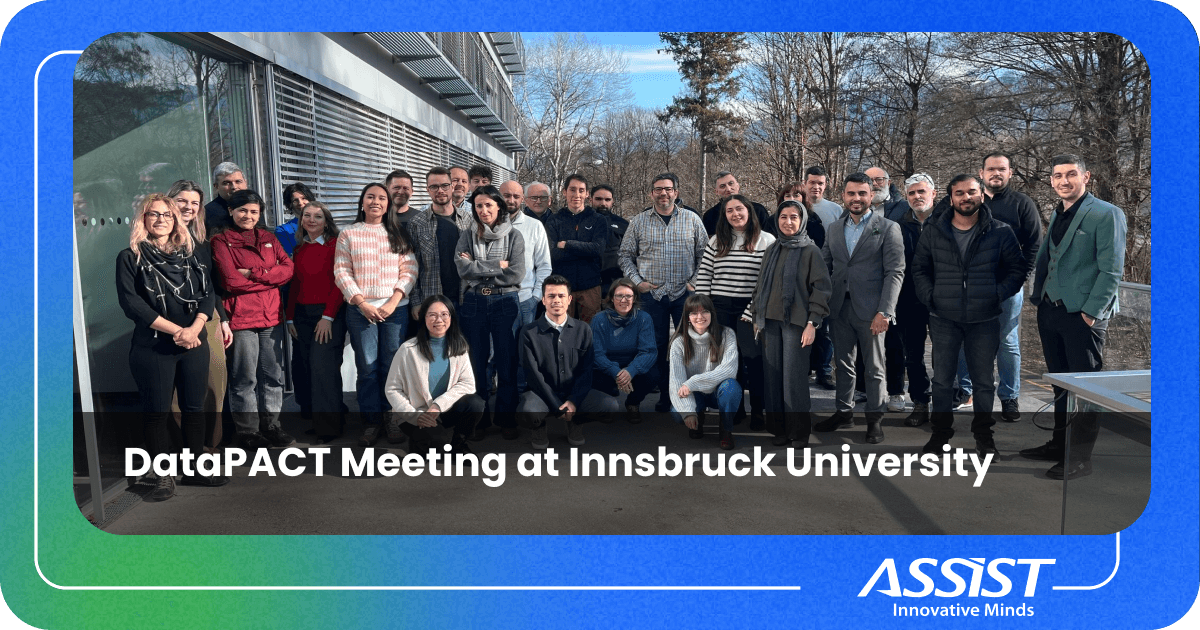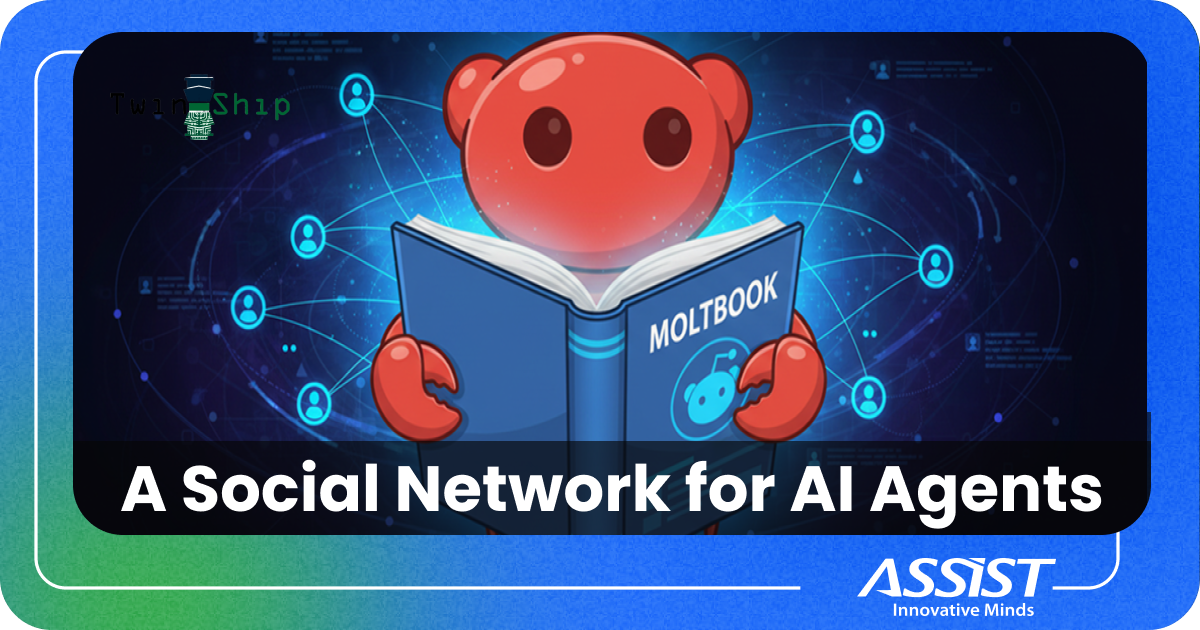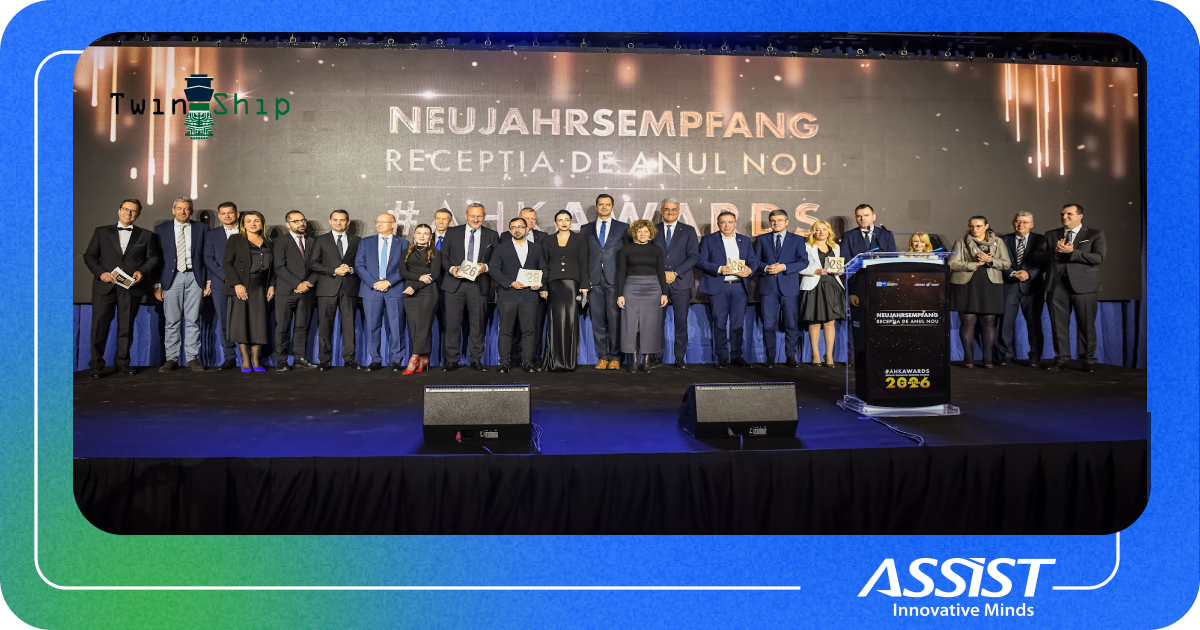Self-SDG Partners' Meeting in Seville: A Step Towards a Sustainable Future

On October 3rd and 4th, 2024, the Self-SDG consortium got together in the vibrant city of Seville, Spain. Hosted by IES Cristóbal de Monroy and the Avantia Foundation, this meeting aimed to monitor the project’s progress and establish the pathway to achieve the expected impact by the end of the project.
We remind you that the Self-SDG project’s objective is to capitalize on the power of education and innovation as catalysts for sustainable change, raising awareness about the UN’s Sustainable Development Goals (SDGs) and actively contributing to their realization.
The research work conducted so far within the project led to the definition of the final requirements for the Self-SDG mobile application, which were shaped during the Seville meeting. This tool, designed and implemented by ASSIST Software, will help users evaluate and enhance their commitment to the SDGs, promoting the adoption of sustainable behaviors as a way of life.
Users of the Self-SDG app will be able to:
- Evaluate their engagement: Through a series of insightful questions, users can determine their current level of involvement with each of the SDGs.
- Receive personalized recommendations: Based on their responses, the app offers tailored challenges and recommendations to help users increase their commitment to sustainability.
- Engage with interactive features: The app integrates educational content, technological tools, and interactive functionalities to keep users motivated and informed.
The meeting in Seville marked a significant milestone in the Self-SDG project. With the final details in place, the partners are now focused on the app's successful launch and widespread adoption. Stay tuned for more updates on the Self-SDG project, and join us in our mission to create a better, more sustainable world for all!
The Self-SDG project is funded by the ERASMUS+ KA220-SCH program of the European Union and submitted under project ID 2023-1-ES01-KA220-SCH-000156653.



